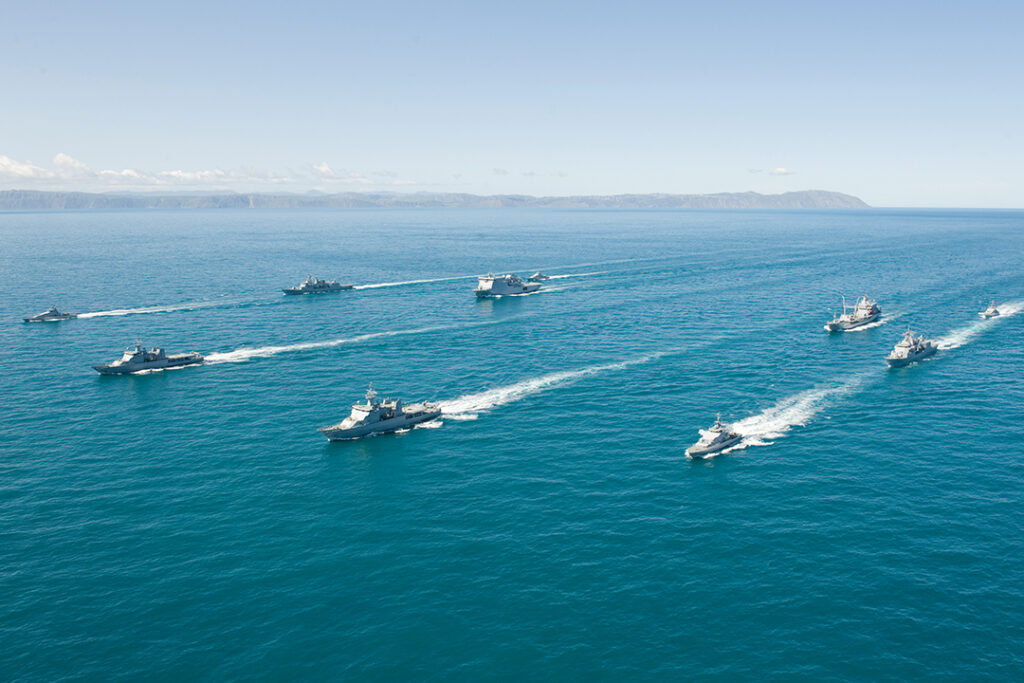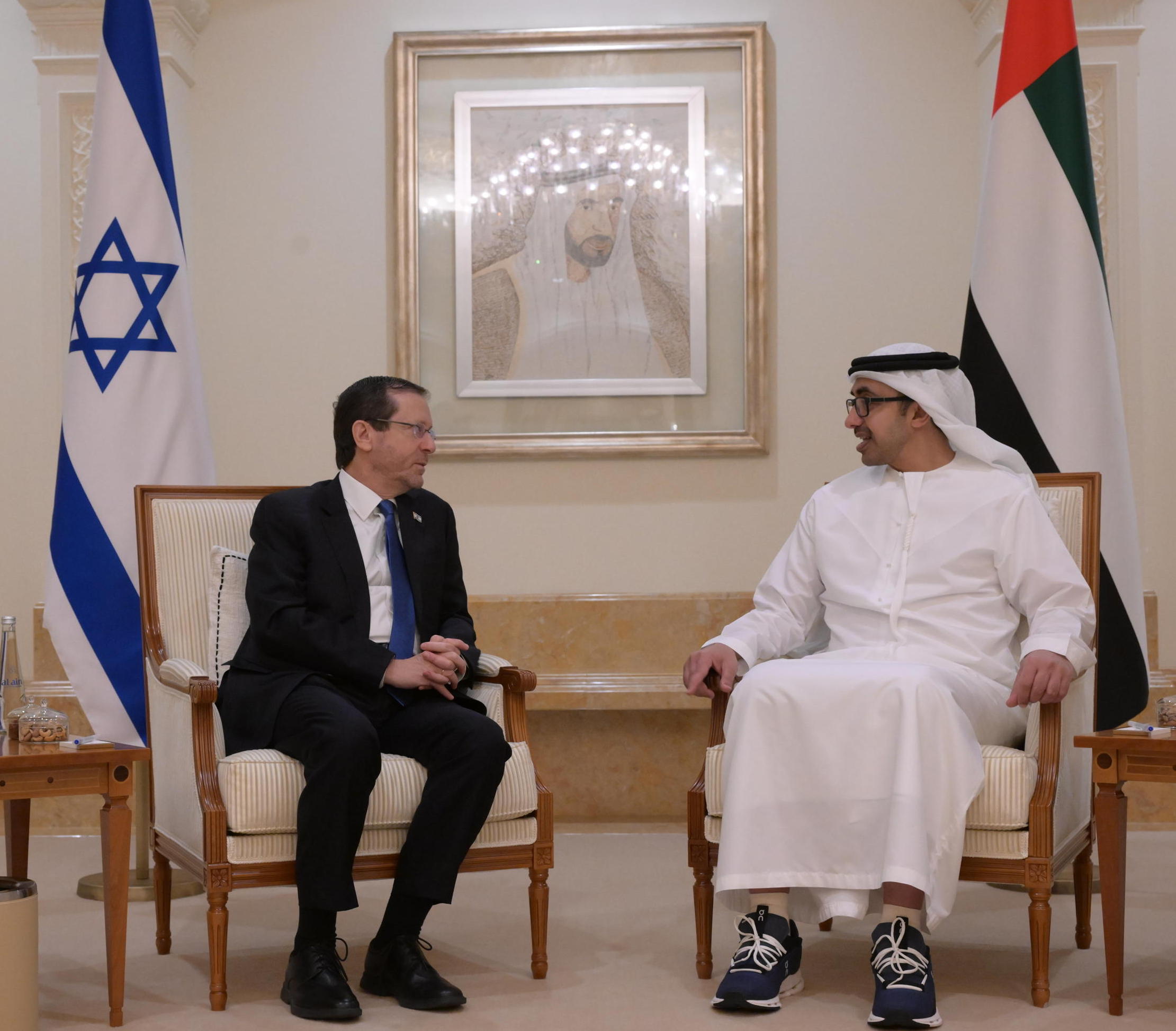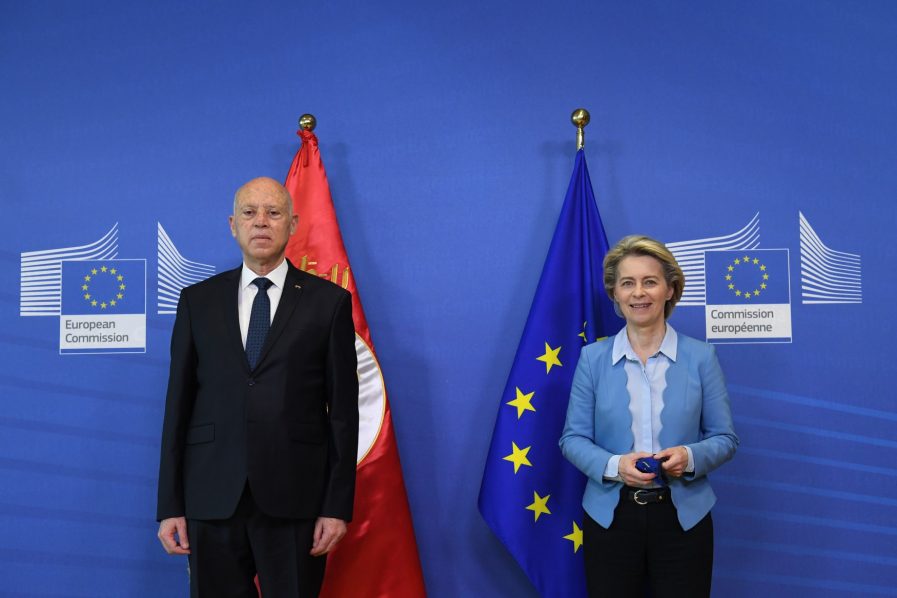
The Crisis in the Red Sea
Gi Yeon Koo(SNUAC)
Amidst the ongoing Israeli-Palestinian conflict, the Red Sea region has emerged as a new flashpoint of crisis. The Red Sea is a maritime chokepoint situated between the African continent and the Arabian Peninsula, connecting the Mediterranean Sea via the Suez Canal to the Indian Ocean. It handles 30% of global maritime container traffic and 12% of world trade in goods. In the wake of the Russia-Ukraine war, traffic through the Red Sea has surged further, with Russian oil exports increasing more than 14-fold compared to pre-war levels.
Concerns Raised Over Deterioration in Israel-Arab Relations
Ahn Soyeon(SNUAC)
Concerns about the deterioration of relations between Israel and Arab countries have been raised amid the prolonged conflict between Israel and Hamas. Following the signing of the Abraham Accords in 2020, which aimed to normalize relations between Israel and the UAE and Bahrain, there were expectations for further improvement in relations between Arab countries and Israel, especially with the possibility of normalization between Saudi Arabia and Israel in 2023. However, as the Israel-Hamas conflict prolongs and indiscriminate attacks by the Israeli military on the Gaza Strip continue, there are analyses suggesting that relations with Arab countries are at risk of further deterioration.


Egypt raises interest rates and introduces floating exchange rate system to receive IMF funding
Hwang Yuihyun(SNUAC)
Egypt’s economic situation, which has been deteriorated after the Russia-Ukraine war, is hardly showing signs of recovery. After the war, the sense of crisis in emerging markets increased and a large amount of foreign currency flowed out of Egypt, which caused a serious foreign currency shortage in Egypt and led to inflation due to rising import prices. Egypt’s foreign currency reserves in 2023 fell by about $7 billion compared to before the war, and inflation exceeded 30%.
EU’s externalization of migration policies and Tunisia’s democracy
Han Saerom(Sookmyung Women’s University)
In July of 2023, the European Union and Tunisia entered into a significant agreement, formally known as the “Memorandum of Understanding (MoU) on a strategic and global partnership,” which was announced to the public via a press release. This pivotal MoU spans a broad range of sectors, including but not limited to economic and trade relations, agricultural development, the advancement of digital infrastructure, and notably, an extensive focus on issues related to “migration and mobility.” Within this framework, the agreement lays out a series of commitments aimed at addressing “the root causes of irregular migration,” actively combating such migration flows, and importantly, establishing “legal migration channels” to provide more structured and humane migration options.

발행처: 서울대학교 아시아연구소 서아시아센터, HK+메가아시아연구사업단
발행인: 채수홍 편집위원장: 구기연 편집위원: 안소연, 한하은, 황의현
연락처: 02-880-2084, katib@snu.ac.kr
